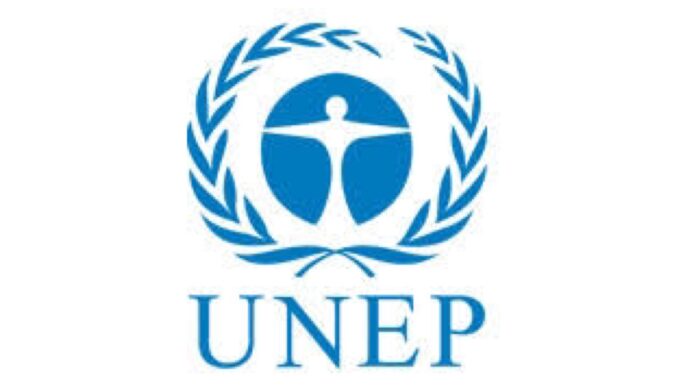The United Nations Environment Programme (UNEP) on Monday said it was committed to supporting Nigeria’s efforts to reduce greenhouse gas emissions.
Mr Mzwandile Thwala, UNEP Project Manager, stated this in Abuja at an inception workshop for the project, “Abating Greenhouse Gas Emission from Obsolete Refrigeration and Air conditioning (RAC) Equipment”.
“UNEP will accelerate the adoption of energy-efficient and climate-friendly technologies, particularly in the refrigerating and air conditioning sector.
“Abating Greenhouse Gas Emission from Obsolete Refrigeration and Air conditioning is one of such mechanisms that consumers and businesses benefit from the market transformation,” Mr Thwala said.
Mr Idris Abdullahi, National Ozone Officer, Federal Ministry of Environment, said the efforts and support of stakeholders were expedient to abate greenhouse gas emission from obsolete refrigeration and air conditioning equipment in the country.
“Nigeria is a party to the Montreal Protocol on Substances that deplete the ozone layer and has ratified all its amendments.
“The recent being the Kigali Amendment on phase down of Hydrofluorocarbons, which are greenhouse gases used mainly as cooling agents in the Refrigeration and Air Conditioning sector.
“Over the past three decades, Nigeria has been implementing the Protocol’s Ozone Depleting Substances Phase out Programme in the relevant sectors, such as the refrigeration, air conditioning, foam, among others,” he said.
He commended the French government for providing the financial support for the AGORA project.
Dr Shehu Mustapha, Scientific Officer, Energy Commission of Nigeria, said the workshop aimed at enhancing energy efficiency and promote climate-friendly cooling solutions.
He said it is a significant contribution to Nigeria’s climate goals and sustainable energy access.
Mr Joel Darkwah, United Nations Development Programme (UNDP) Co-Regional Policy and Technical Specialist, Regional Service Centre for Africa, said Nigeria has been one of the leading actors on the Montreal Protocol globally and in Africa.
“This leadership role is essential as Nigeria has significant needs in terms of sustainable cooling in view of its diverse economy and population,” he said.
Mr Darkwah said for Nigeria to sustain the leading role, it must select the most efficient and environmentally friendly cooling solutions.
(NAN)



